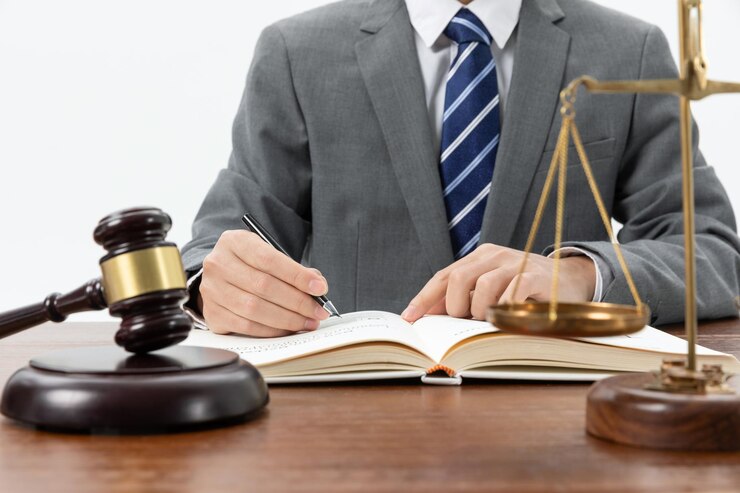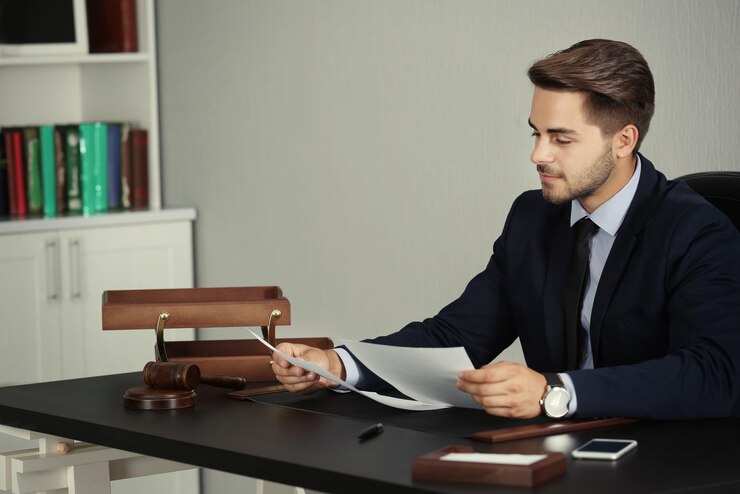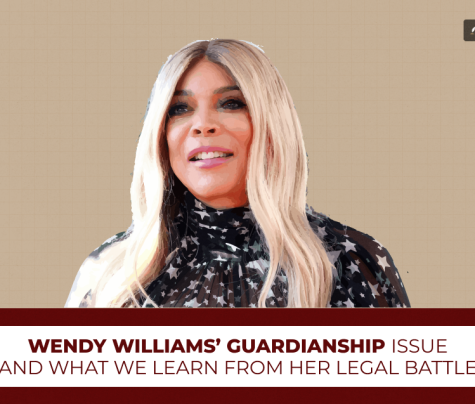
The recent political and social landscape has made protests are very powerful way to voice their concerns. It helps them to advocate for change and express what’s troubling them.
However, there are certain shortcomings to that. Sometimes, participating in protests can even lead to unwanted encounters with law enforcement that might even include the possibility of getting arrested.
Hence be prepared with knowing ways to respond to situations like this. In this blog let’s learn in detail about your safety and legal rights when it comes to the right to protest.
Understanding Your Rights

Before we go into detail about what to do when you get arrested for a protest, let’s first know and understand your rights. Your rights are primarily protected by the First Amendment of the US Constitution. It includes:
- Freedom of Speech: This exclaims about your right to express yourself freely under a peaceful protest.
- Freedom of Assembly: Here, you’re granted the right to gather peacefully to express your views about the government.
- Right to Due Process: This section entails provisions about getting fair treatment under the law and also talks about how you can get some legal representation under a fair trial.
Stay Calm and Composed

Staying calm and composed is one of the primary steps when you’re arrested during a protest. Try not to be confrontational with the law enforcement and handle the situation calmly. Sometimes being confrontational can escalate the situation in facing dire legal consequences.
Comply with Law Enforcement Orders
It’s integral that you comply with law enforcement when you’re getting arrested at a protest. Try to remain calm as much as possible. We understand that you might think that your arrest is unjust, but it’s also pivotal that you comply with law enforcement. Otherwise, you might suffer other severe legal consequences.
Invoke Your Right to Remain Silent
You’ve often heard the term, “I plead the 5th”. Yes, this is what it is exactly about. This is one of your most important rights you can plead for being arrested. The Fifth Amendment of the US Constitution safeguards your right to remain silent upon arrest. Try to be polite with the law enforcement officers and plead the 5th until you have proper legal representation.
Request Legal Representation
If you’re arrested at a protest, it’s important that you seek legal representation as quickly as possible. You can consult with the Houston criminal defense attorney and thus the legal counsel can help ensure your rights. They would also safeguard you throughout the legal process and ensure that you get a favorable outcome. If you cannot afford an attorney, the court on the other hand would help you out and assign you one.
Document Everything
Documentation plays an important role in any legal proceedings. In this aspect document the names and badge numbers of the arresting offers and other witnesses who were present during the arrest. Additionally, if possible record an audio or video of that incident. However, try and be aware of the laws of arrest in your jurisdiction. This would be of immense help to prioritize your safety.
Know the Legal Procedures

As a layman, it’s sometimes difficult to navigate through the nitty-gritty of the legal proceedings. However, you should have a basic understanding of the charges that are filed against you. Try and attend all the required court hearings. Follow all the instructions given by your attorney. Furthermore, be aware of your legal rights and obligations and navigate through the criminal justice system in an effective manner.
Facing The Charges
We understand your conundrum of not knowing what charges you might be facing. But don’t worry, we have got you covered. Let’s read on about what charges you might face.
- Disorderly Conduct: Under this charge, you’re likely to face charges against behavior that disrupts the peace or has caused a disturbance. Blocking traffic or even refusing to comply with law enforcement is also a fine example of disorderly conduct.
- Unlawful Assembly: Suppose the authorities declare that the protest is unlawful and you are not complying with the orders to disperse, then in that case, you can be charged with unlawful assembly.
- Trespassing: If you as a protestor enter a private property without any permission, then law enforcement can charge you with trespassing.
- Resistance During Arrests: If someone resists or obstructs law enforcement while they’re in the process of arrest, then they can be charged with resisting an arrest.
- Assault: If you physically attack someone else, then you can get charged with assault.
- Vandalism: If you’re damaging public property during the protest, you might get charged with vandalism.
- Failure to Disperse: In some jurisdictions, if you refuse to leave an area even after the order of dispersion, then law enforcement officials would have the legal right to arrest you.
- Curfew Violation: Sometimes, during protests, some authorities impose curfews and if you violate these curfews, you can face severe charges.
Special Considerations
You should remember that there are specific charges and penalties that vary largely on the local laws and their discretion. Depending upon what you do during the protest, you can either get charged with a misdemeanor or a felony. Hence, understanding all the potential charges would help your attorney to build an ironclad defense strategy.
Seek Support
Being arrested can lead to a traumatic experience. Hence, it is important that you seek proper support from your close ones. Try and surround yourself with people who are there to provide you with emotional support as you’re navigating through the complex legal process.
Know Your Options
Understand the charges that are filed against you. Hire an attorney who will guide you through your case. From negotiating a plea deal with prosecutors to seeking out alternative options for sentences, your attorney would come in handy for all.
Conclusion
Sometimes, being arrested for protesting and exercising your rights can be extremely stressful. However, if you’re well aware of your rights and know what to do, the process to safeguard your legal interests becomes much easier.
Try to stay calm and comply with the law enforcement orders. Stay informed about the legal process and seek appropriate legal representation. Always remember that exercising your rights is crucial to working out your defense. It is also one of the primary principles to uphold democracy.
Read Also:











0 Reply
No comments yet.